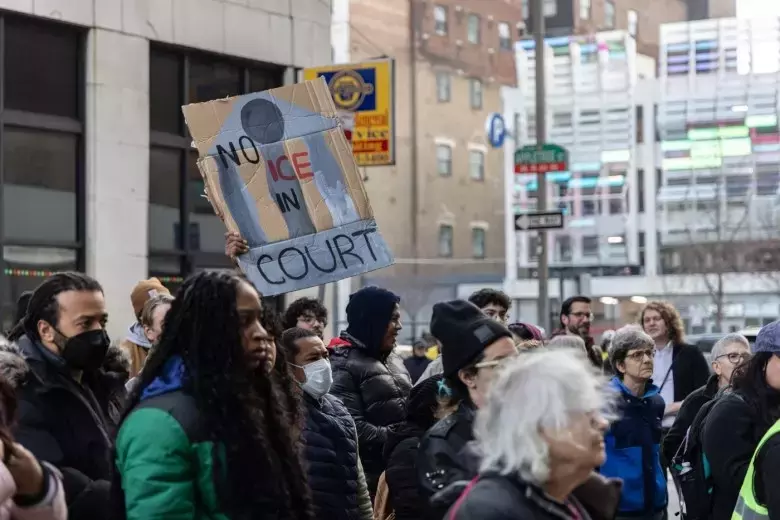
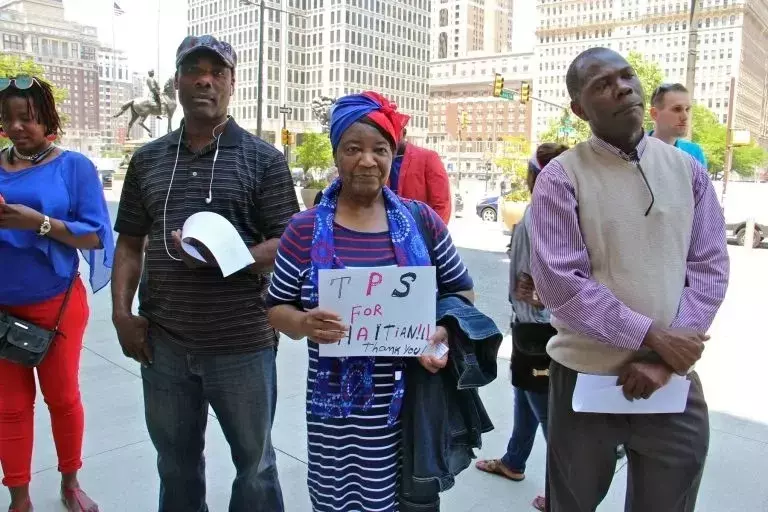
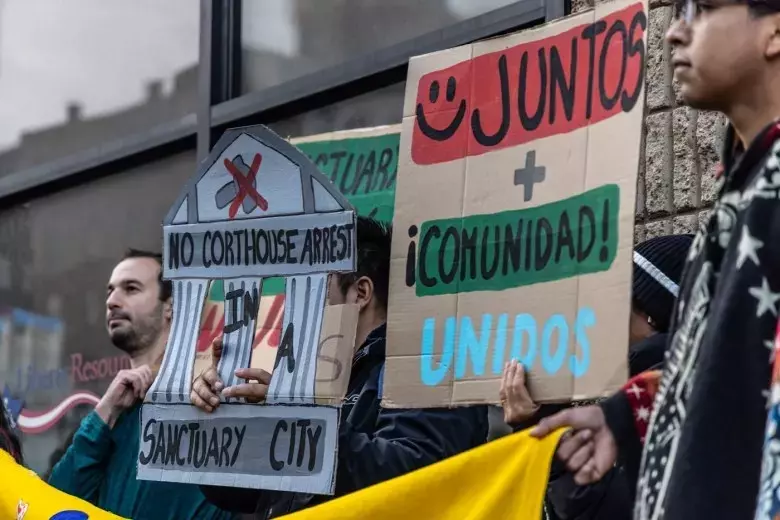

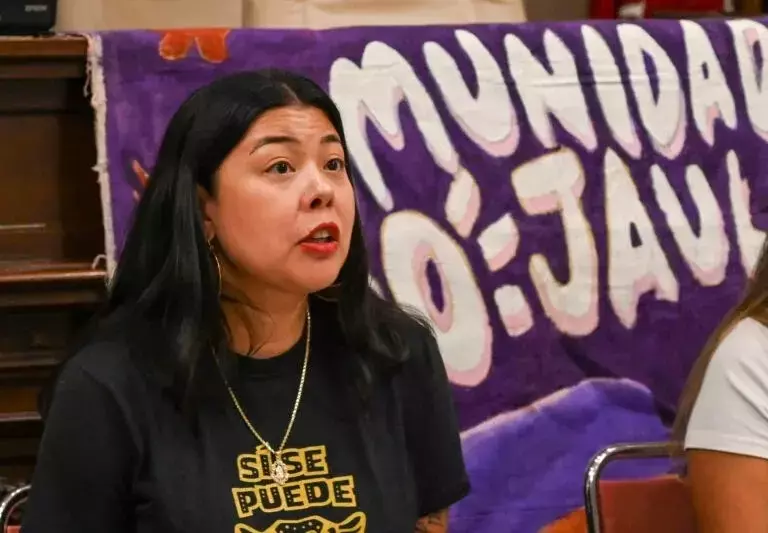
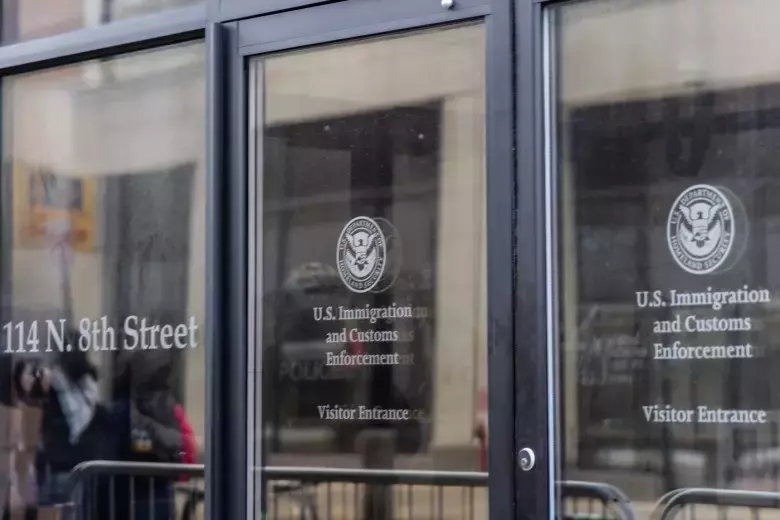


In the wake of the recent presidential election, tens of thousands of undocumented immigrants in Philadelphia are grappling with a wave of anxiety and uncertainty. The election results have stirred deep concerns about potential changes in immigration policies, particularly regarding deportations and legal status. This article explores the personal stories of individuals like Linda, an undocumented Mexican immigrant, and L.H., a Haitian entrepreneur, who now face the daunting prospect of an uncertain future in their adopted city.
Philadelphia's Immigrant Community Reacts to Election Results
The night of November 5th was a turning point for many undocumented residents in Philadelphia. As the news of Donald Trump's victory spread, the sense of shock and fear permeated through communities that had long called this city home. For Linda, a mother of three girls and a longtime resident of South Philadelphia, the morning after the election brought a profound sense of dread. Her worries extended beyond her own fate; she feared for the future of her children, who have known no other home but this one.
Linda's story is not unique. Philadelphia is home to an estimated 47,000 undocumented immigrants, many of whom now find themselves in a state of limbo. The Migration Policy Institute reports that a significant portion of these individuals hail from Mexico, Central America, and Asia. Others hold Temporary Protected Status (TPS) or Deferred Action for Childhood Arrivals (DACA), which could be at risk under the new administration's proposed policies. The uncertainty surrounding their futures has led to a surge in consultations with immigration lawyers, as people scramble to secure legal protection or prepare for the worst-case scenario.
Anxiety Spreads Through Diverse Communities
The impact of the election extends far beyond those directly facing deportation. L.H., a Haitian entrepreneur who moved to Philadelphia last year, expresses concern about the rhetoric targeting immigrants. He notes that the dehumanizing language used during the campaign has created an environment of fear within the Haitian community. Despite having a work permit and a stable job, L.H. remains anxious about what the future holds. The lack of clarity about policy changes has fueled rampant misinformation, causing panic among immigrants who fear being returned to countries they haven't visited in decades.
Eric Edi, chief operating officer of Africom, an organization serving African and Caribbean immigrants, highlights the spread of rumors and misinformation. He recounts conversations with individuals who believe drastic changes have already occurred in application processing, despite no concrete evidence. The fear generated by such rumors can lead to harmful actions, as desperate people act on unverified information. This environment of uncertainty has also discouraged immigrants from seeking necessary social services, fearing it might jeopardize their legal status.
A Journalist's Reflection on the Impact
As a journalist covering this story, it's clear that the election results have profoundly affected Philadelphia's immigrant communities. The fear of deportation, coupled with the rise in xenophobic rhetoric, has created a climate of anxiety and mistrust. While some remain hopeful that they can navigate the challenges ahead, others are preparing for the possibility of leaving the country they've come to call home. What stands out most is the resilience of these individuals, who continue to strive for a better life despite the obstacles they face. Their stories remind us of the importance of empathy and understanding in addressing the complex issues surrounding immigration policy.
